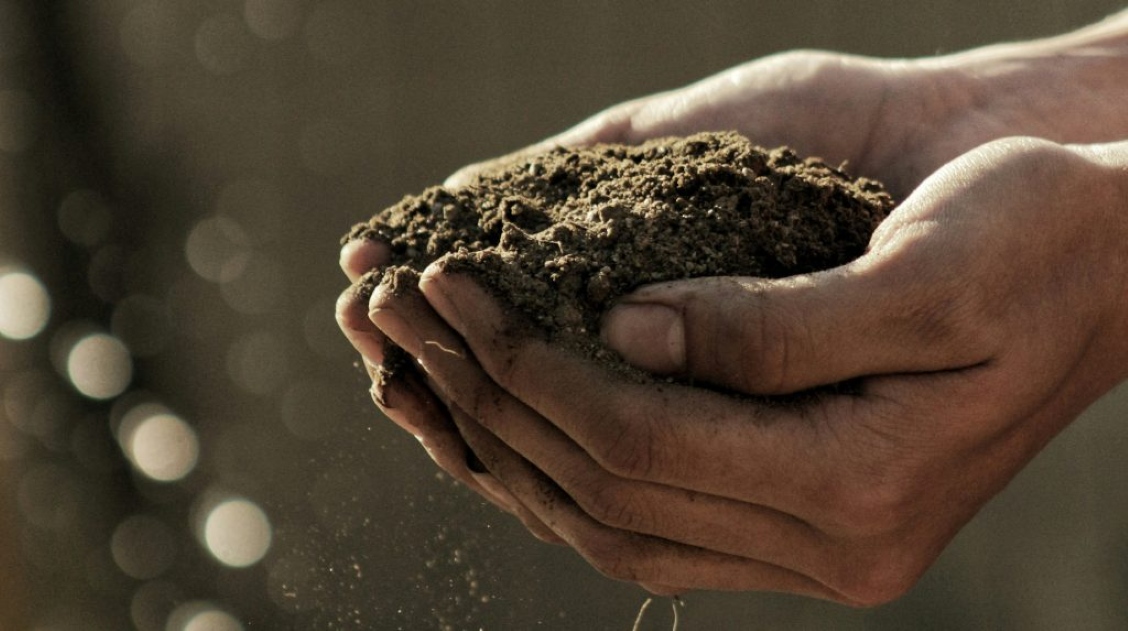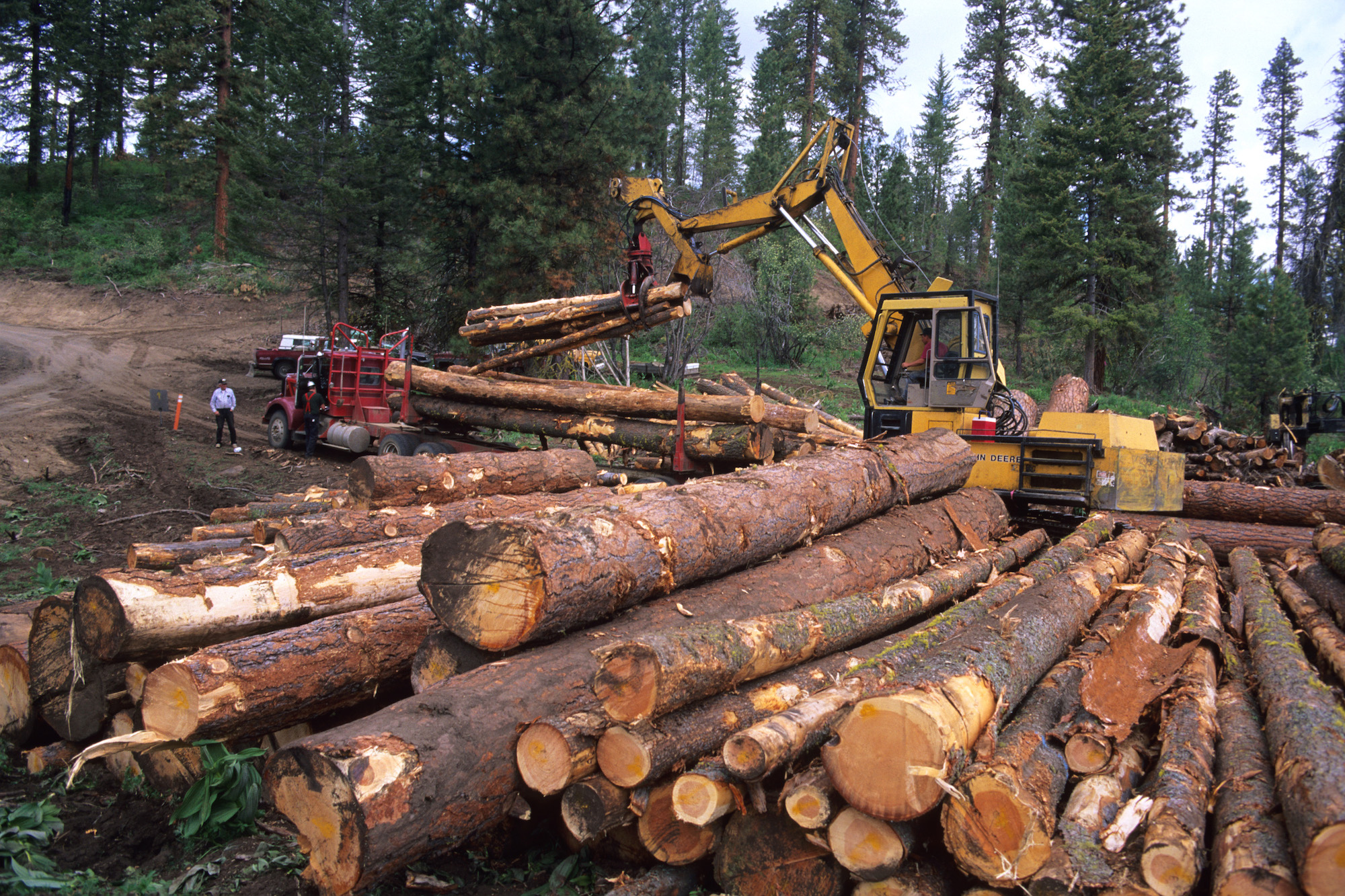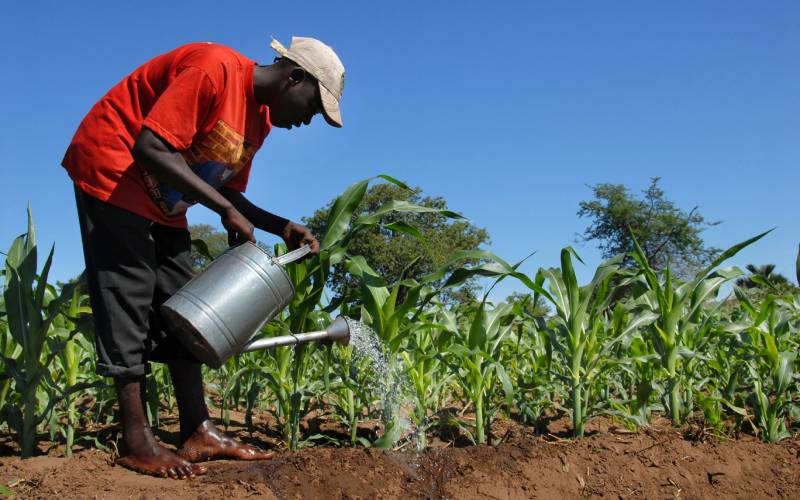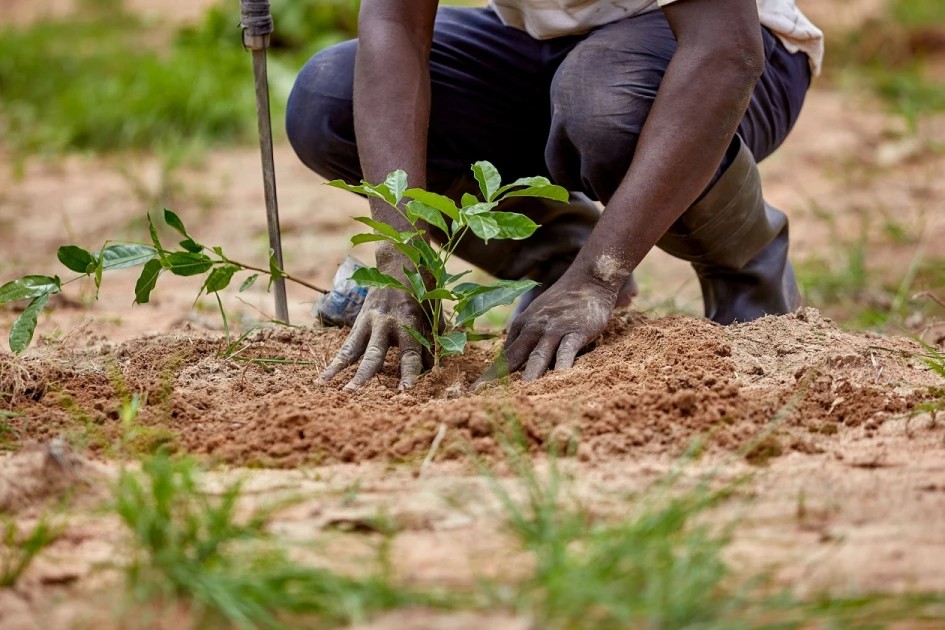- In terms of profitability, this could lead to reduced prices of concrete and enkindle the venture of selling used coffee grounds.
- The merit of this discovery is undeniably a contributor to the welfare of the planet especially in times such as these when it’s facing numerous threats.
Australian researchers of Royal Melbourne Institute of Technology (RMIT) have discovered an advantageous way of utilizing used coffee grounds. This innovation can be applied in bioengineering where the waste coffee grounds are heated in an oxygen-free chamber to produce biochar, a component that makes concrete 30% stronger therefore reducing the amount of cement required by up to 10%.
Concrete production is responsible for 7% of the world’s CO2 emissions, adding onto the greenhouse excretion. Sand is also a key ingredient in construction and its extraction is environmentally destructive. Concrete manufacturing involves mixing sand and gravel with cement in presence of water, all in varying proportions.
About 50 metric tons of sand is dug up every year with a probability of percentages increasing annually. Researchers are working to ensure this probability does not become a reality. Biochar could replace up to 90 million tons of sand in concrete processing.
Rajeev Roychand, the lead researcher, alludes that the high number of coffee grounds waste in Australia could be recycled into concrete applications.
An innumerable amount of waste coffee grounds are disposed into landfills which precipitate to methane emissions in their break down process. The utility of such refuse would undoubtedly be of immense benefit towards the betterment of the planet.
Read More
“Our focus is to try and transform all of the organic wastes in landfills towards this positive application into concrete production,” Rajeev noted.
He added that plans to launch a biochar production plant are underway following talks with several construction firms, concrete makers and Starbucks Coffee in efforts to secure an agreement of collecting their waste coffee grounds.
In terms of profitability, this could lead to reduced prices of concrete and enkindle the venture of selling used coffee grounds.
The merit of this discovery is undeniably a contributor to the welfare of the planet especially in times such as these when it’s facing numerous threats.







